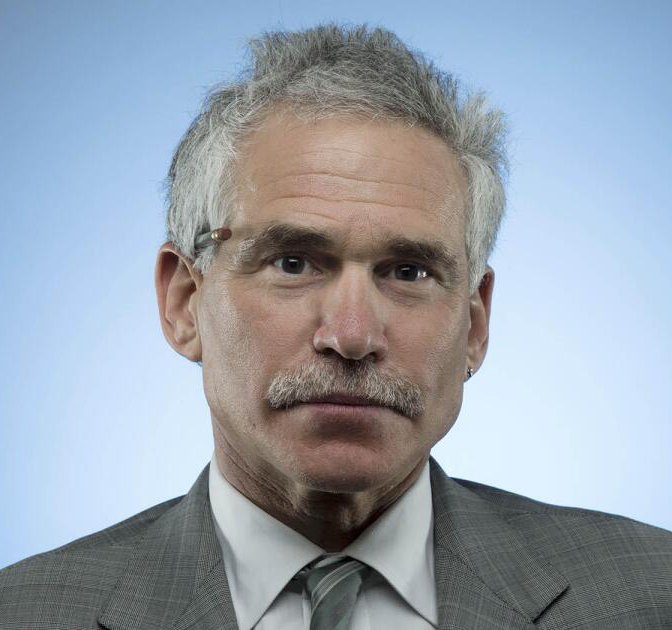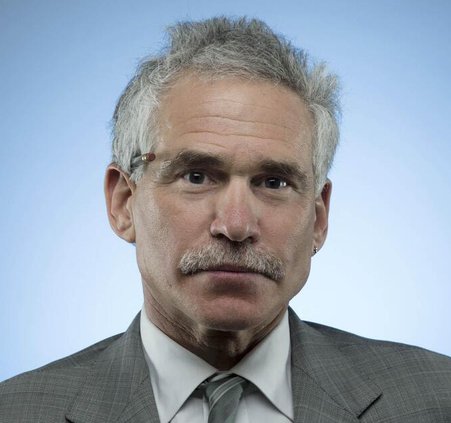Just another day in America.
Mass shootings have become so common — along with the reflexive partisan response — we now assign them to specific subcategories: The ones that targeted Blacks, Latinos, Jews or people of Asian descent. The ones on college campuses. The ones in office buildings.
It helps us more easily sort the carnage and show the depths of depravity.
So the taxonomy: The slaughter Tuesday of 19 children and two adults at an elementary school in Uvalde, Texas, was first thought to be the deadliest of the kind since 2018, when 14 students and three teachers were killed at Marjory Stoneman Douglas High School in Parkland, Fla.
But as the toll climbed, we needed to reach back further to rank its atrocity, to nearly a decade ago when 20 elementary school children and six teachers and faculty were killed at Sandy Hook Elementary School in Newtown, Conn.
The toll of that horrific episode was so gruesome and gut-wrenching it seemed like a singular moment, the kind that makes a nation peer deep into its soul. If that wasn’t enough to break the political logjam and move Congress to act on gun control, it was said at the time, nothing will.
And that’s proved exactly the case. Since the December 2012 murders at Sandy Hook, despite thousands of mass shootings, Congress has not passed a single piece of major legislation to address the growing epidemic of gun violence.
And now we have Uvalde as the bookend to Newtown.
This despite a majority of Americans favoring tougher gun laws. And considerable majorities favoring common-sense measures such as banning assault-style weapons and high-capacity magazines; preventing people with mental illnesses from buying guns; creating a federal database to track gun sales; and making sales at gun shows subject to background checks.
Instead, as Congress does nothing, states led by Texas have loosened their gun regulation, driven by a conservative political base that has grown ever more extreme.
Incomprehensible, the state’s Republican governor, Greg Abbott, said of Tuesday’s rampage.
No, not at all.
Nothing changes, I wrote last week about the nation’s failure to stem gun violence, and I offered some reasons why.
A political system so riven, so utterly dysfunctional, that opposing sides no longer merely differ over policy or political philosophy but can’t even agree on basic facts — much less find common ground to pass meaningful legislation.
A system so lacking in competition, thanks in good part to gerrymandering, there is barely a political center remaining in Congress. Indeed, the worst fear many lawmakers have is losing a primary to someone in their party who is even more hard-line, on guns among other issues, thus removing any incentive whatsoever to compromise. (Or sell out, as an opponent might put it.)
A system so fiercely partisan that President Biden’s sorrowful remarks Tuesday night, once seen as a balm coming from the nation’s consoler in chief, were immediately seized upon by critics who accused him of politicizing the shootings.
Perhaps most important, the fact remains that for all the impassioned speeches and angry tweets, for all the memes and viral videos of gun control proponents quaking with rage, most of the energy and political intensity has been on the side of those who favor greater gun laxity.
Many were outraged on Tuesday, and the fury will doubtless linger. But soon enough — come a scandal in Washington or Hollywood, an overseas crisis, a natural disaster, another spike in COVID-19 cases — a great number of the angry and aggrieved will move on. The forces arrayed against gun control will not relent.
Which helps explain why 21 more people died at an elementary school in Texas on just another day in America.
I wrote last week, after the mass shooting in Buffalo, New York, and a shooting in Orange County, that it was the last column on gun violence I intended to write for some time, maybe ever. What’s the point, I asked?
The response from many was to keep at it. The crisis is too acute, they said, the bloodshed too wanton to turn away.
“I am sick and tired,” Biden said Tuesday night of the ceaseless and spiraling death count. He spoke for many.
“As a nation we have to ask when in God’s name are we going to stand up to the gun lobby?” he said. “When in God’s name are we going to do what we know in our gut needs to be done?”
Not anytime soon, I fear.
I can only hope I’m proved wrong.
Mark Z. Barabak is a columnist for the Los Angeles Times, focusing on politics in California and the West. Visit at latimes.com





